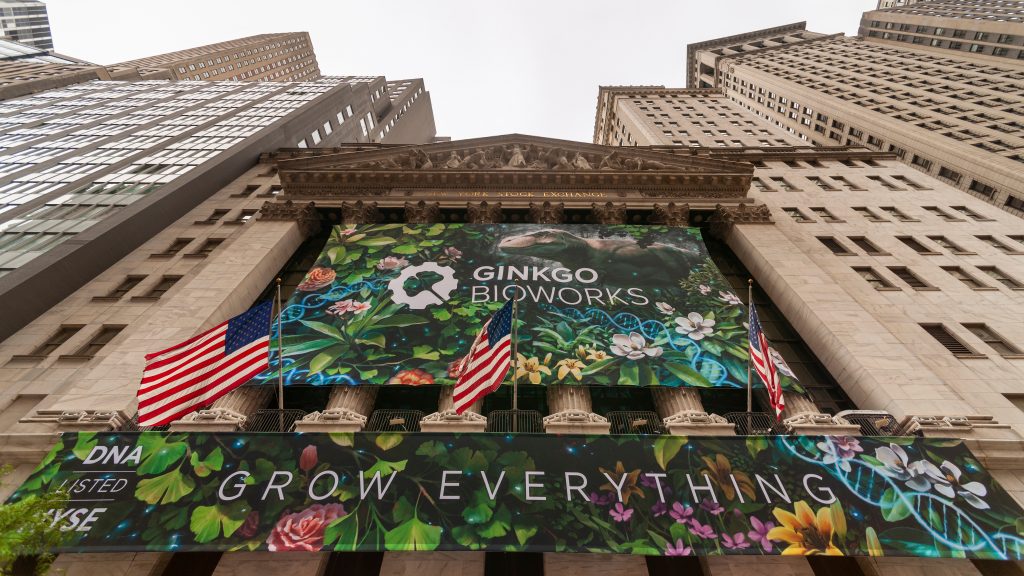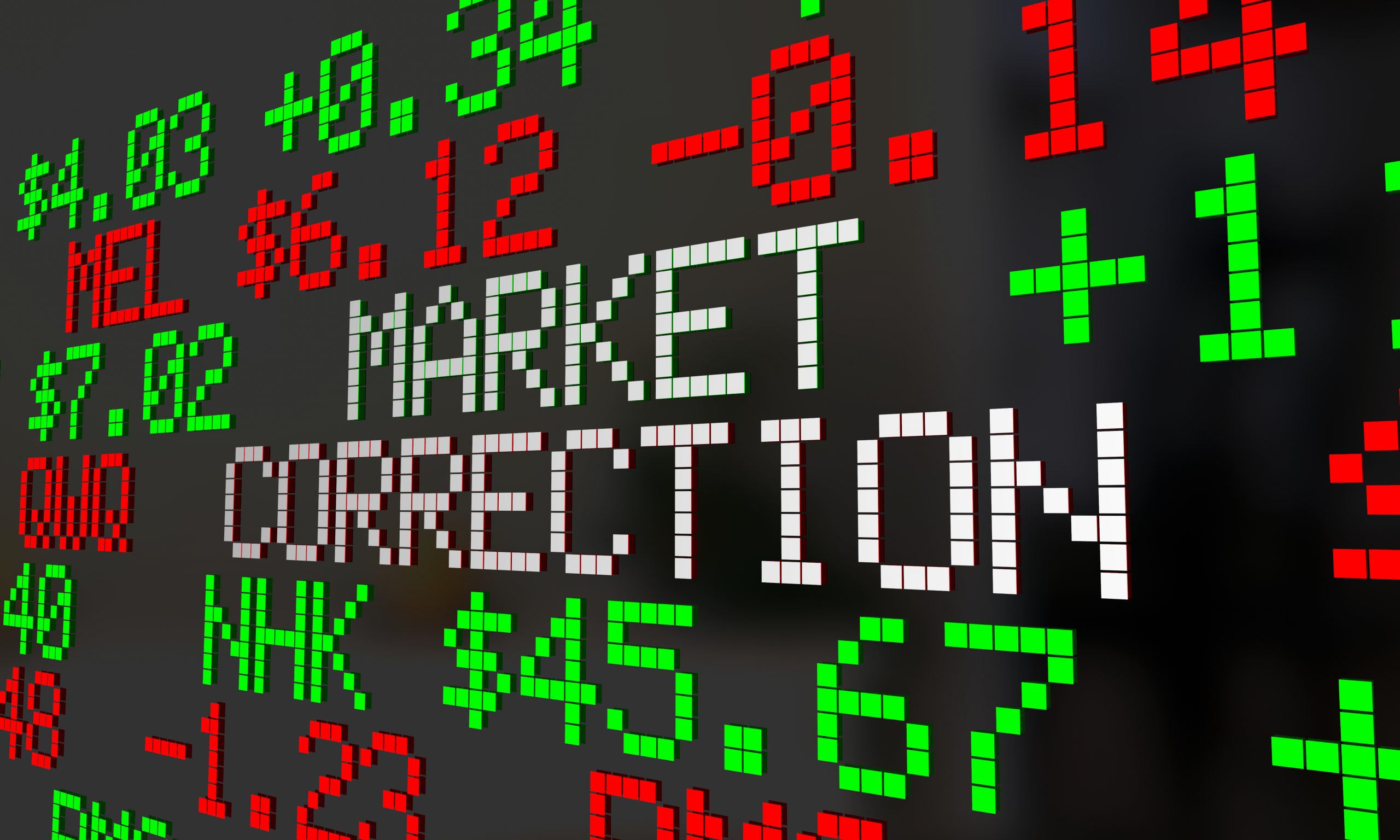Synbio: The Next Big Thing in Biotech
Having attracted $9 billion in fresh capital during H1 2021, the “synthetic biology” sector is rapidly becoming one of the hottest emerging technologies in the market.

While some companies in the biotech sector have soared in 2021, overall performance in this niche of the financial markets has been surprisingly muted this year.
One of the best-known ETFs in the sector, the iShares Biotechnology ETF (IBB), is down about 10% so far in 2021. And that performance looks even weaker when one considers that the IBB was up a blistering 42% in 2020.
The downdraft in the biotech sector seems even stranger when one considers how much the world has leaned on this sector amidst a global pandemic. But, there have been some bright spots.
BioNTech (BNTX), a heavyweight partner in the Pfizer-BioNTech COVID-19 vaccine, has seen its shares rise as much as threefold in 2021. And Moderna (MRNA), another key player in the vaccine arena, has likewise skyrocketed in value during 2021—up roughly 140% in 2021, as of early December.
So what’s weighing down the sector, as compared to last year?
One of the biggest concerns appears to relate to the potential for increased regulation by the U.S. government. Rising costs in the American healthcare sector have long been a hot-button political issue and have arguably gotten even hotter amidst a global pandemic.
Healthcare costs for most Americans have increased roughly 5-7% each year over the past decade (on average), which far outpaces average inflation over that period.
The U.S. government has attempted to stem the rising tide of healthcare costs for many years, with limited success. But with Democrats now controlling the White House, the Senate and the U.S. House of Representatives, some projections suggest that new legislation could be implemented in the foreseeable future that would attempt to dampen rising prices.
Whether that actually comes to pass is anyone’s guess.
In the meantime, potential regulatory changes in the sector may help explain the muted performance so far this year. That also means any shift back toward the other side of the political aisle in 2022 could be a huge positive catalyst for the sector next year.
‘Synthetic Biology’ Might be the Next Big Thing
Beyond political/regulatory developments, investors and traders may also want to keep an eye on emerging niches within the biotech sector. One group creating a lot of positive buzz at the moment is the “synthetic biology” subsector.
Synthetic biology, or “synbio,” refers to a field of science that involves redesigning organisms for useful purposes by engineering them to have new abilities. This is done by reprogramming the biological information that is coded in DNA.
In that regard, it essentially represents a crossroads between biology, engineering and technology. The main technologies underpinning the synthetic biology revolution are gene sequencing and DNA synthesis.
But the potential commercial application of synthetic biology extends well beyond DNA, as it’s projected that developments in this field could also contribute to advancements in food production, energy production, water availability/abundance and air purification—among many others. The broad-based nature of potential synbio applications is probably a big reason the niche has attracted so much investment attention in the last couple years.
During the first half of 2021, SynBioBeta (an industry newsletter) estimates that upwards of $9 billion in fresh capital was injected into the synbio subsector via venture capitalism and initial public offerings (IPOs). That compares very favorably to the $1 billion in total that flowed into the subsector back in 2015.
And the real-life examples help illustrate the potential commercial application of this emerging technology. For example, Bayer (BAYRY) is said to be toying with a synbio approach that would modify seed DNA so they would be less reliant on chemical fertilizers during the growing process.
Similarly, Bridgestone (BRDCY) is exploring the use of bio-based alternatives to replace the chemical polymers used in the production of tires.
Ginkgo Bioworks (DNA), a start-up in the Boston area, is attempting to become a first-of-kind bio-foundry where programming a cell is as easy as programming a computer. But one can’t overlook the fact that cells are physical, not just digital, which adds another layer of complication in the development/production process.
After 13 years as a private business, Ginkgo went public in September of this year. Some other public companies that investors and traders may want to monitor in the synthetic biology sector include:
- Amyris (AMRS)
- Codex DNA (DNAY)
- Codexis (CDXS)
- Ginkgo Bioworks (DNA)
- Illumina (ILMN)
- Pacific Biosciences (PACB)
- Precigen (PGEN)
- Twist Bioscience (TWST)
- Zymergen (ZY)
To learn more about trading the biotech sector, readers may want to review this past installment of Market Measures on the tastytrade financial network.
For timely updates on everything moving the financial markets, readers can also tune into TASTYTRADE LIVE—weekdays from 7 a.m. to 4 p.m. CST—at their convenience.
Sage Anderson is a pseudonym. He’s an experienced trader of equity derivatives and has managed volatility-based portfolios as a former prop trading firm employee. He’s not an employee of Luckbox, tastytrade or any affiliated companies. Readers can direct questions about this blog or other trading-related subjects, to support@luckboxmagazine.com.



















